
In the “Catamaran vs Monohull: Which Is Right for You?” review comparison, Bobbie (The Sailing Doodles Podcast) engages in a lively discussion about the ongoing debate between catamarans and monohulls for cruising. With firsthand experience in both types of boats, the speaker offers valuable insights and considers the difficulty of definitively answering which is better. Additionally, the podcast addresses questions from patrons, providing a more interactive and engaging experience for listeners. For more information about the Miami Boat Show and the Island Spirit 525e, interested individuals can RSVP at the provided website.
Opening the podcast at White Bay during a navigar flotilla, the speaker dives right into answering patron questions about catamarans and monohulls. With a preference for catamarans in the 45-52 ft range, the speaker highlights the stability of catamarans while acknowledging their unique characteristics. The episode also touches on various topics, including boat maintenance, sailing lessons, YouTube channel success, and future plans to visit different destinations. If you’re curious about the differences between catamarans and monohulls or want more insights into the sailing world, this podcast is definitely worth a listen.
Catamaran vs Monohull
When it comes to cruising, one of the most debated topics among sailors is whether a catamaran or a monohull is the better choice. As someone with extensive experience on both types of boats, I can provide some insight into the pros and cons of each. However, it’s important to note that this debate doesn’t have a definitive answer, as personal preferences and needs play a significant role in making the final decision.
Stability and Characteristics

Catamarans are generally known for their stability, especially when at anchor. Unlike monohulls, they don’t heel over, which can make for a more comfortable experience onboard. However, catamarans have their own unique characteristics. Some sailors have reported a “flip flop” motion in certain wave conditions, which can feel a bit strange. Overall, though, most people I’ve talked to prefer the stability of catamarans over the heeling of monohulls.

Our Preference
Personally, I lean towards catamarans in the 45 to 52-foot range. I find this size to be ideal for a couple cruising around the world. If you have children or want more space, opting for a catamaran on the larger side, such as 50 feet, might be a better choice. I am currently having an Island Spirit 525e built, which will be completed next month. If you’re interested in seeing the boat and learning more about it, I invite you to join us at the Miami Boat Show on February 17th. We will be hosting a happy hour and a Q&A session about the Island Spirit 525e. Please RSVP through the provided link so we can plan accordingly.
Boat Purchase and Selling Experience
In terms of boat purchases and sales, I have generally broken even or sold previous vessels at a slight profit. When it comes to selling a boat, it’s important to keep in mind the condition and maintenance of the vessel. Taking good care of your boat and fixing any issues promptly can increase its value and make it easier to sell. Buying a boat at a fair price and taking into account any necessary repairs or upgrades is key to breaking even or potentially making a small profit.
Crew Size
For the ideal crew size, I find that having three to four people on a boat works well. With two people, there may not be enough hands to handle all the necessary tasks, such as driving the boat and handling lines. Having an extra person allows for smoother sailing and provides the opportunity for one person to focus on filming or other tasks. Of course, the crew size may also depend on the size of the boat. With a larger catamaran like the one I prefer, accommodating more people comfortably is possible.
Boat Insurance
Obtaining boat insurance can sometimes be challenging, especially in certain locations like the Bahamas. Insurance companies may have stricter requirements or limited coverage options for boats in certain areas. It’s important to thoroughly research and understand the insurance options available for your specific cruising destinations to ensure you have adequate coverage and protection.
Lithium Batteries
Lithium batteries offer several benefits over traditional lead-acid batteries. They are lighter, have a longer lifespan, and provide a higher usable capacity. However, it’s essential to be aware of the fire risks associated with lithium batteries. While rare, lithium batteries can catch fire under certain conditions. Proper installation, monitoring, and maintenance are crucial to minimize these risks and ensure safe operation.
Moorings Condition
Regularly checking the condition of moorings is vital for safe cruising. In some areas, the maintenance of moorings may be suspect, and relying on them without proper inspection can lead to accidents or damage to the boat. It’s important to thoroughly inspect the moorings, including the attachment points and lines, to ensure they are secure and in good condition before relying on them.
In conclusion, the catamaran vs. monohull debate for cruising is a complex one with no definitive answer. Both types of boats have their advantages and disadvantages, and the choice ultimately depends on personal preferences, needs, and sailing conditions. If possible, I recommend trying out both types of boats before making a decision to get a better understanding of what works best for you. Happy sailing!


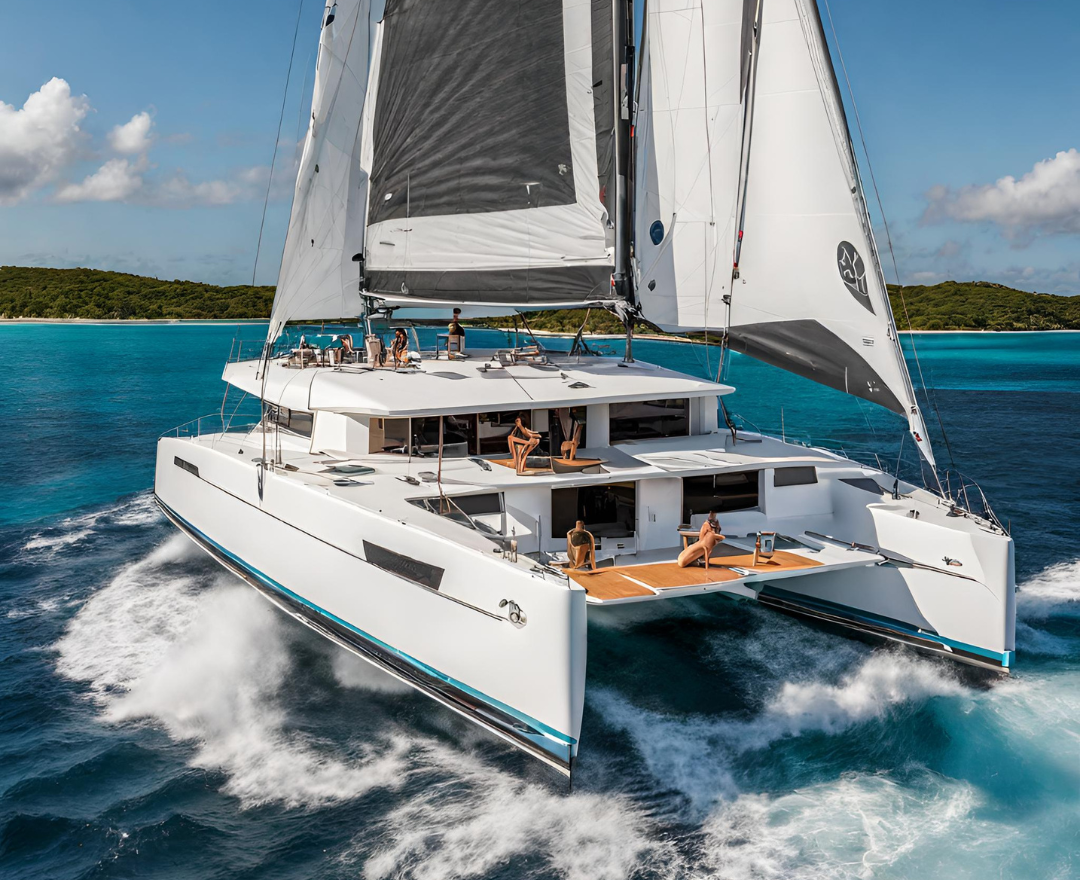

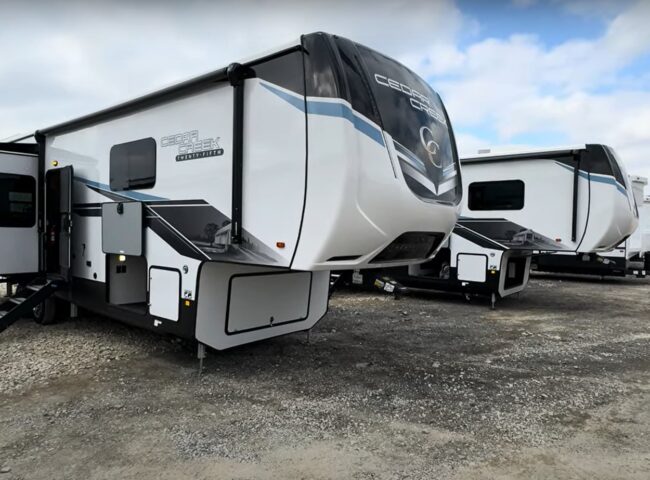
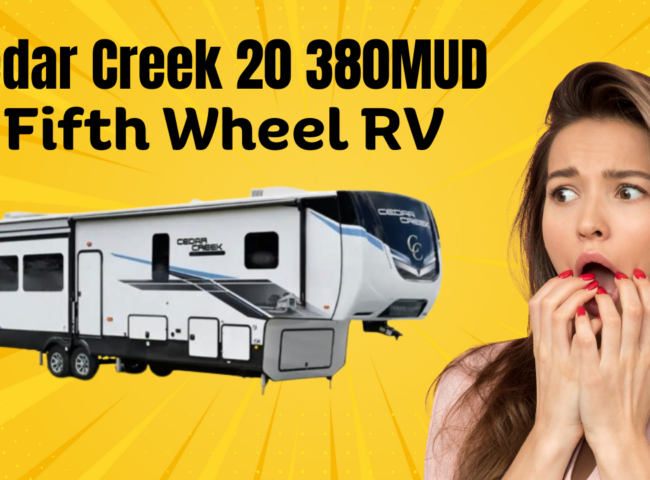
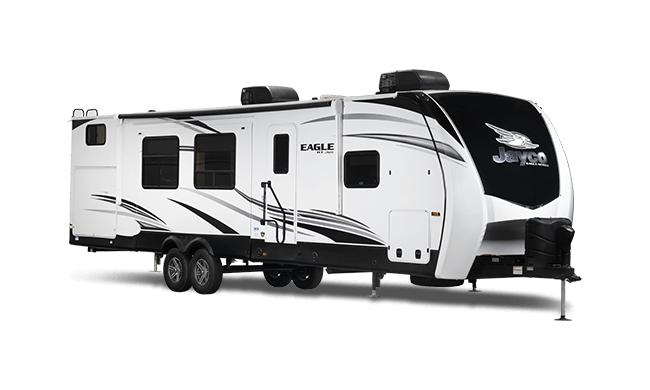
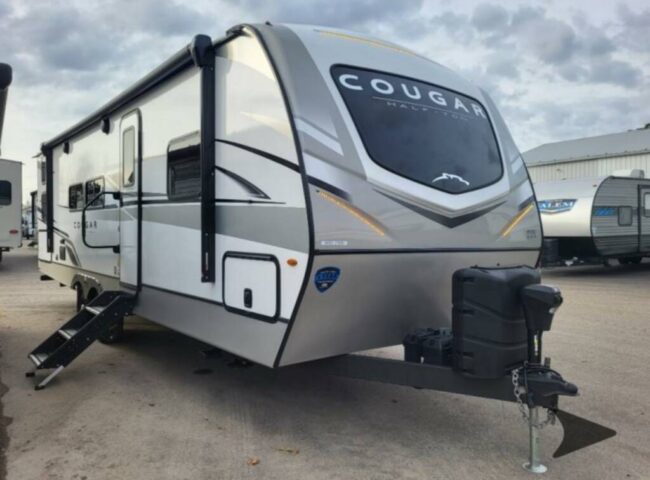
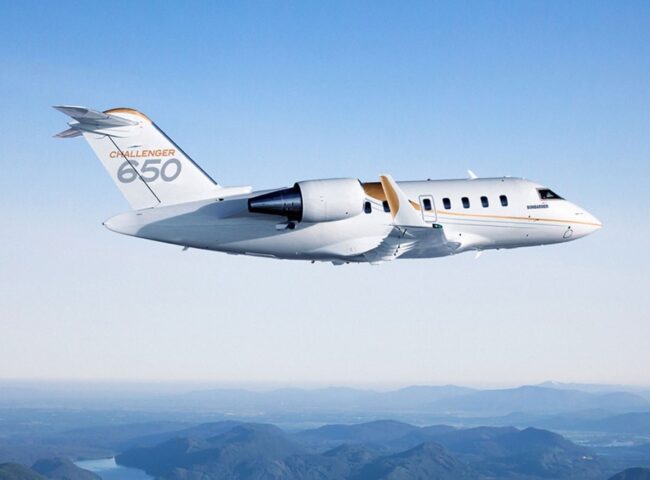
Leave feedback about this